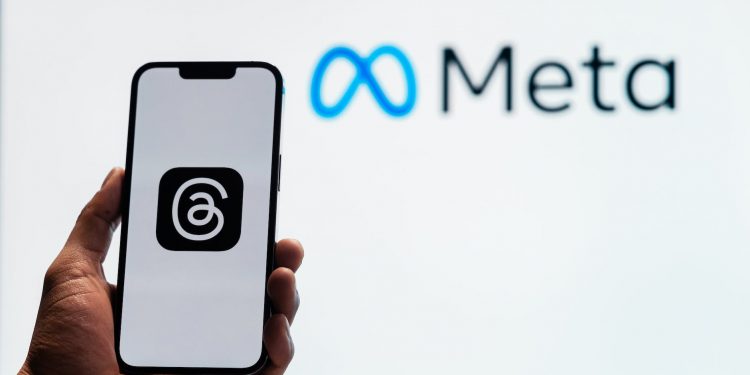The European Union (EU) has formally addressed concerns to Mark Zuckerberg, head of Meta, about the spread of “disinformation” on its platforms, particularly in light of the recent Hamas attack on Israel.
Meta, the parent company of renowned social media platforms Facebook and Instagram, has been given a 24-hour ultimatum by the EU to respond and ensure compliance with European laws.
The rapid spread of misinformation, including altered images and incorrectly labeled videos about the Israel-Hamas conflict, has been rampant across social media channels. Only last Tuesday, the EU raised similar concerns with X, previously known as Twitter.
Thierry Breton, the EU’s industry chief, stressed in his letter to Meta that the company must demonstrate that it has acted “timely, diligently, and objectively” to curb misinformation. He urged the firm to disclose the “proportionate and effective” steps they’ve taken in managing content across their platforms.
Responding to the EU’s concerns, a representative from Meta said: “Following Hamas’ attacks on Israel last weekend, we established a dedicated operations center with experts, inclusive of those proficient in Hebrew and Arabic. This team has been meticulously monitoring and countering the evolving situation.”
The spokesperson further mentioned, “We have a relentless team working 24/7 to maintain the safety of our platforms by taking action against violating content, coordinating with third-party fact-checkers in the region, and reducing misinformation spread. Our commitment to this cause will persist as the situation unfolds.”
The European Commission emphasized that social media giants are under a legal obligation to eliminate content related to Hamas, an organization recognized as a terrorist group by the EU. A Commission spokesperson clarified the stance, noting that content related to Hamas is categorized as terrorist content and is illegal, demanding removal under both the Digital Services Act (DSA) and the Terrorist Content Online Regulation.
The recent focus on disinformation follows the deadly attack launched by Hamas on Israel, which led to the tragic loss of hundreds of lives and numerous abductions. Israel responded with a series of missile strikes on Gaza, resulting in over 900 casualties.
The DSA, which aims to safeguard users on prominent tech platforms, was enacted in November last year. However, companies were given a grace period to adjust their operations in line with the new regulations. As of August, with the act’s full enforcement, major firms are mandated to evaluate potential risks they might pose and implement measures to mitigate these challenges. Non-compliance could lead to EU-imposed fines amounting to up to 6% of the firm’s global revenue, or even a possible suspension of services.
It’s worth noting that after acquiring Twitter in 2022, Elon Musk disbanded Twitter’s Trust and Safety Council, an advisory body formed in 2016 focusing on issues like self-harm, child abuse, and hate speech.



